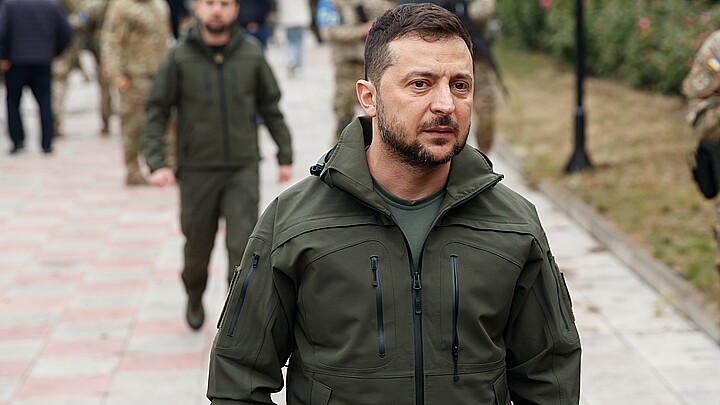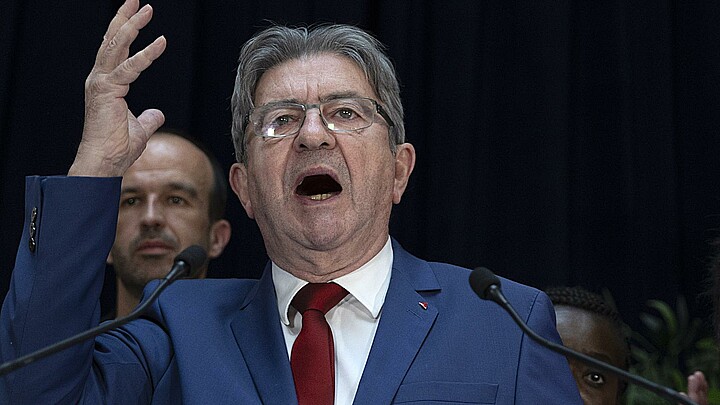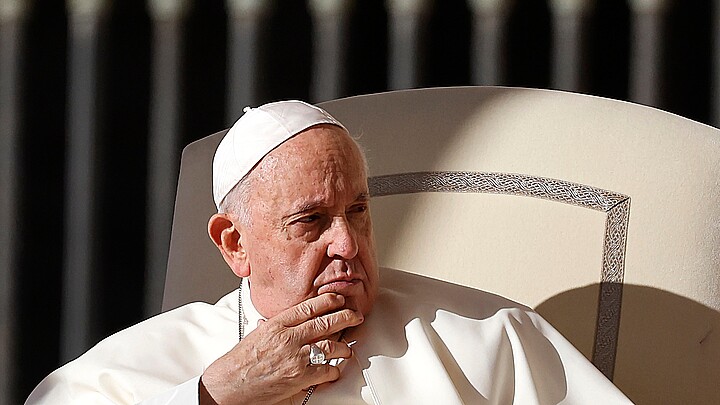Politics
Swedish Foreign Minister signs formal application to join NATO
Sweden plans to present the signed application today or tomorrow at NATO headquarters in Brussels
May 17, 2022 9:20am
Updated: May 17, 2022 3:07pm
The Swedish Foreign Minister, Ann Linde, on Tuesday, signed the country’s formal application to become a member of the North Atlantic Treaty Organization (NATO), Government announced yesterday after an extraordinary meeting.
Sweden plans to submit the signed application today or tomorrow to NATO headquarters in Brussels at the same time as Finland, whose Parliament is scheduled to vote Tuesday on the formal decision, President Sauli Niinistö and Prime Minister Sanna Marin announced on Sunday.
Just signed a historic indication letter to #NATO Secretary General @jensstoltenberg from the Swedish Government 🇸🇪. Our NATO application is now formally signed. pic.twitter.com/1RAxjikjc0
— Ann Linde (@AnnLinde) May 17, 2022
Niinistö will pay a formal visit to Sweden today, where he will meet with Swedish Prime Minister Magdalena Andersson at 3:00 p.m. local time (2:00 p.m. GMT).
"It's a big thing. As if we have achieved what we believe is best for Sweden," Linde told SVT public television.
The Swedish announcement follows a parliamentary debate in which a majority agreed with the accession.
The decision was expected since Andersson communicated his party's support for the move on Sunday. This is a historic turnaround since the country had maintained a particular identity for decades and half a year ago approved at its annual congress to retain its current status as a NATO ally but not a member, the same status as Finland.
On Monday, Andersson said that accession would have a "deterrent effect in northern Europe", improving security and reducing risks, noting that there is no other "realistic" option.
Russian President Vladimir Putin claimed that Finland and Sweden’s plan to join NATO would not be a problem unless there is a deployment of armaments on their territory.
"We prepare for all eventualities, but we don't see any direct military threats," Andersson said, although he had previously pointed to possible cyber or hybrid Russian attacks.











